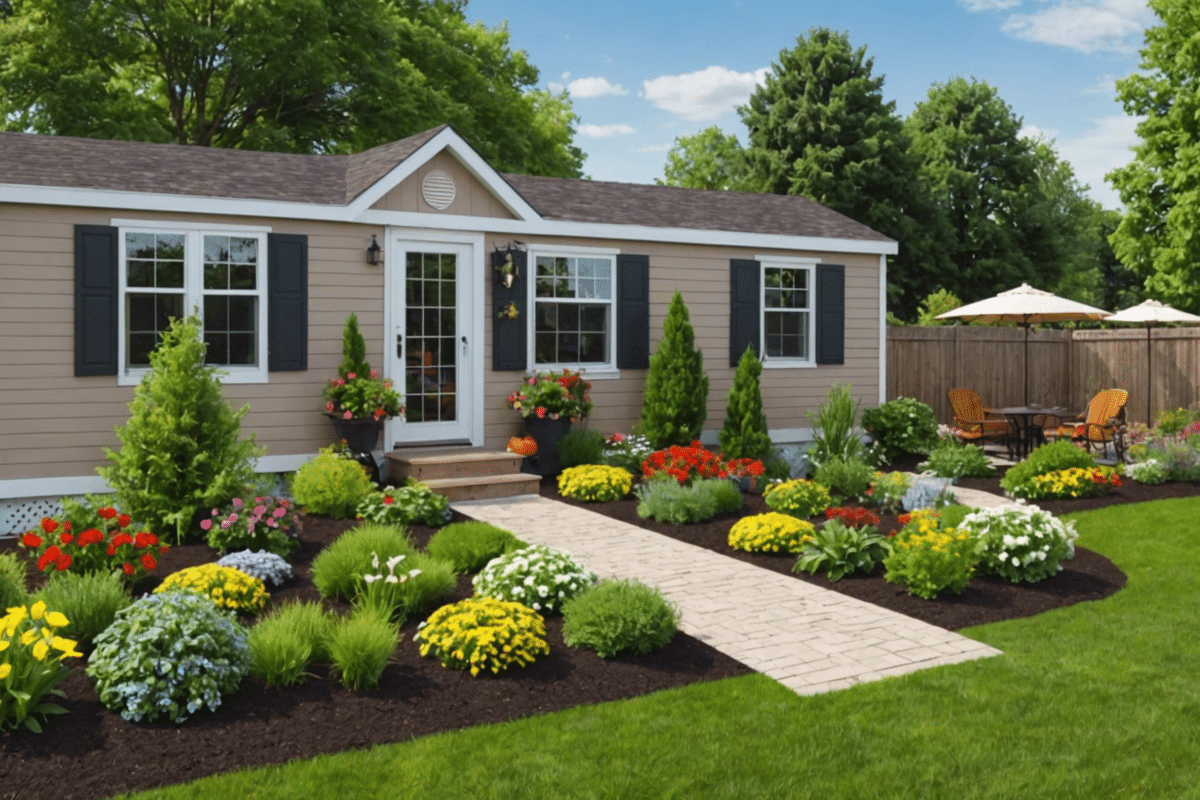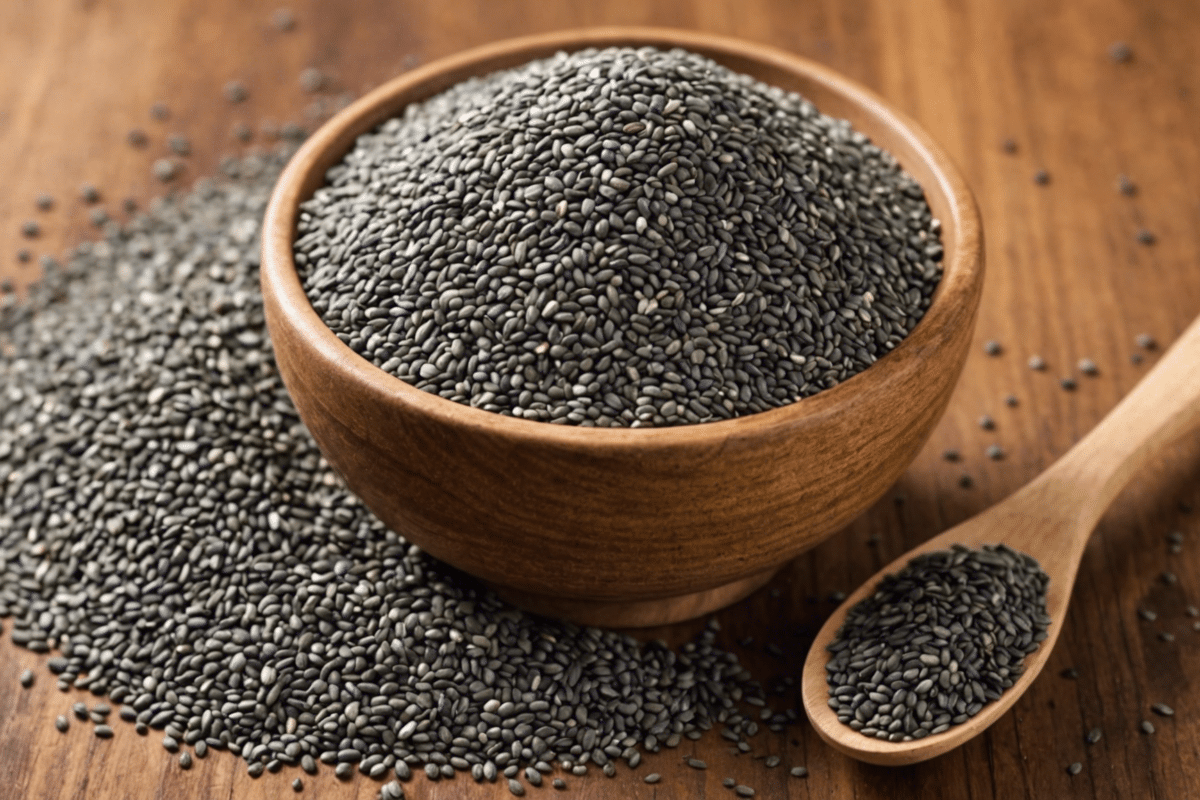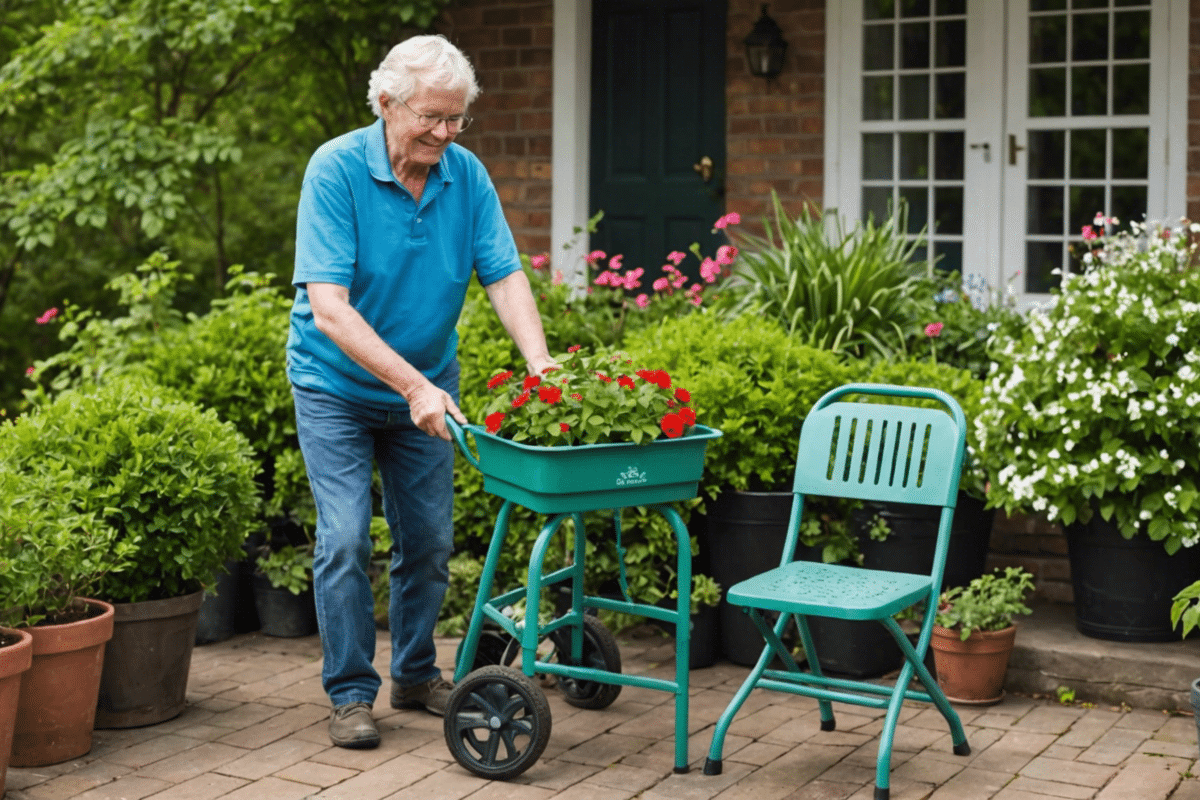Content
Gardening enthusiasts constantly seek innovative strategies to enhance the health and beauty of their gardens. One such technique that has piqued the interest of ambitious green thumbs involves the use of copper wire. While at first glance, incorporating copper wire into gardening practices might seem unconventional, its benefits are deeply rooted in science and practicality.
Understanding the Role of Copper in Gardening

Copper is an essential trace element that supports various physiological processes in plants. It contributes to pivotal functions like photosynthesis, enzyme activation, and metabolism. However, striking the right balance is crucial; too little copper can lead to deficiency, while too much can be toxic.
In the context of gardening, copper wire serves several purposes:
- Slug and Snail Deterrent: A natural barrier that keeps pesky mollusks at bay.
- Stem Support and Training: Providing structural support to plants, guiding their growth without damaging the stems.
- Root Growth Stimulation: Some studies suggest that low-level electrical currents can enhance root development.
- Disease Prevention: Copper’s antimicrobial properties help prevent the spread of fungal diseases.
Garden Layout Planning with Copper Wire
Properly mapping out garden space using copper wire creates efficient paths for planting and care. By outlining beds and rows, gardeners can manage their space better, ensuring each plant receives adequate sunlight and air circulation. To achieve this, one could weave copper wire through grids or frames, creating a map over which to plant various vegetables and flowers.
Copper as a Deterrent for Garden Pests
One of the most well-known benefits of copper in gardening comes from its capacity to deter slugs and snails, which would otherwise wreak havoc on leafy greens and other tender plants. By creating a barrier with copper wire around garden beds or individual plants, its slight electrical charge discourages these pests from crossing over, thereby protecting the foliage.
Propagating Plants with Copper Wire
In propagation, copper wire can play a unique role. By gently bending copper wire into loops or supports, gardeners can create custom shapes to guide the growth of vine plants or to shape the direction in which branches grow. This technique promotes air circulation and exposure to sunlight, which are crucial factors in vigorous plant growth.
Electroculture: Enhancing Growth with Electricity
The concept of electroculture is fascinating. This practice involves using electric currents to stimulate plant growth, a principle that copper wire can help implement. By strategically placing copper wire in the soil and connecting it to a weak electrical source, increased root growth and enhanced nutritional absorption can potentially be achieved. While not a widespread method, those who have experimented with electroculture report promising results. For those interested, exploring expert opinions and research can provide additional insights into this innovative gardening technique.
Copper Wire and Garden Aesthetics
Beyond functionality, copper wire offers an aesthetic appeal to garden design. As it ages, it develops a distinctive patina that blends beautifully with the natural garden environment. Artists and garden designers like Rebecca Louise Law have demonstrated the potential of copper and other materials to create stunning visual effects in garden environments and beyond.
Combining practicality with creative expression, a gardener can use copper wire to sculpt trellises or accents that not only support plant life but also add a unique, artistic touch to the outdoor space.
FAQs on Using Copper in Gardening
Q1: Is copper wire safe for all plants?
It is safe for most plants when used appropriately. Copper’s antibacterial properties can benefit the garden but should be used sparingly to avoid toxicity.
Q2: Can copper wire be reused in the garden?
Yes, copper wire is durable and can be reused for multiple growing seasons, making it a sustainable addition to your gardening toolkit.
Q3: How does copper wire affect soil pH?
Copper can slightly lower the soil pH over time. If you suspect pH imbalances, conducting soil tests regularly is advisable and adjust as needed.
Implementing copper wire into your garden practice can thus be multifaceted. It benefits your plants not only physically by providing structural support but also acts as a defense mechanism against slugs and snails. As seen in installations by artists and in the practice of electroculture, it has the potential to enhance plant growth, embodying both practical and aesthetic virtues in the heart of garden life.
Your garden is a living canvas, and the inclusion of copper wire is a testament to the inventive spirit that characterizes modern horticulture. Gardeners can harness the science behind this element, coupled with creative techniques, to create a thriving and visually delightful garden ecosystem.












